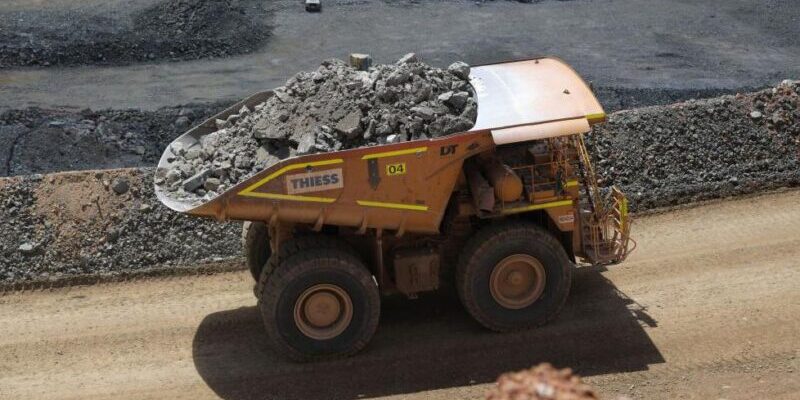
Zimbabwe’s inadequate infrastructure and inconsistent policies are worsening the challenges faced by lithium producers amid declining global prices, according to Bikita Minerals, a local unit of China’s Sinomine Resource Group.
Zimbabwe, Africa’s leading lithium producer, attracted over $1 billion in investments from Chinese firms like Sinomine, Zhejiang Huayou Cobalt, and Chengxin Lithium since 2021.
However, lithium prices have plummeted from their 2022 highs due to oversupply and weaker-than-expected demand for electric vehicle (EV) batteries.
“The price slump is making it difficult for lithium companies to stay afloat, with most scaling back production and laying off workers,” Bikita Minerals told visiting lawmakers, according to a presentation seen by Reuters.
The company pointed to several challenges, including unreliable power supply, capital constraints, foreign currency shortages, and unclear policies on licensing, taxation, and export regulations.
The requirement for exporters to convert 25% of their earnings into Zimbabwe’s weakening local currency (ZiG) has further eroded value.
“Lack of basic infrastructure such as roads, transportation, power, and water in lithium-rich regions is hindering exploration and driving up production costs,” Bikita Minerals said, urging the government to offer tax breaks and lower royalties to help miners.
Despite the sharp drop in lithium prices, Zimbabwe’s government is pushing for miners, who currently export concentrates to China, to establish refineries locally.
Sinomine, which invested $300 million in Bikita Minerals in 2022, plans to spend up to $500 million on a lithium smelter over the next five years.





